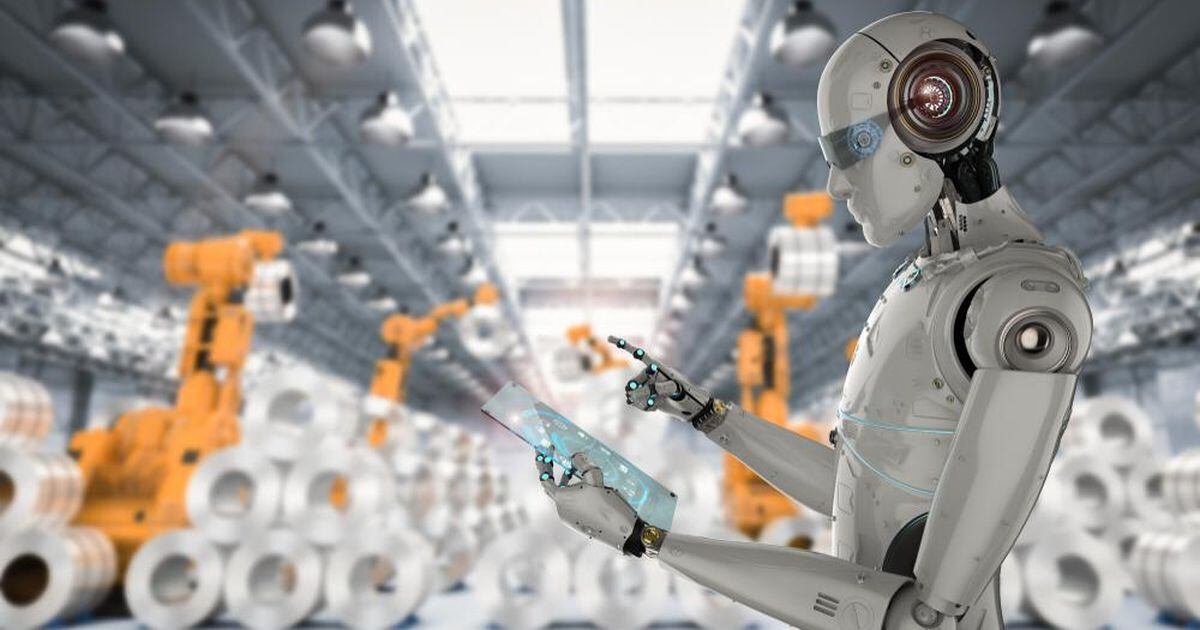AI for Small Business Automation: Unlocking Efficiency and Growth
In today’s fast-paced digital landscape, small businesses are constantly seeking ways to streamline operations, reduce costs, and enhance productivity. Enter Artificial Intelligence (AI)—a game-changing technology that is no longer reserved for large corporations with deep pockets. AI is now accessible and affordable, making it a powerful tool for small businesses looking to automate processes, improve decision-making, and stay competitive. In this article, we’ll explore how AI can revolutionize small business automation and provide actionable insights for entrepreneurs ready to embrace this transformative technology.
What is AI-Powered Automation?
AI-powered automation refers to the use of artificial intelligence to perform tasks that traditionally require human intervention. By leveraging machine learning, natural language processing, and data analytics, AI systems can analyze vast amounts of information, learn from patterns, and execute tasks with precision and speed. For small businesses, this means automating repetitive, time-consuming processes, freeing up valuable resources to focus on growth and innovation.
How AI Can Transform Small Business Operations
Here are some key areas where AI can make a significant impact on small business automation:
Customer Service and Support
AI-powered chatbots and virtual assistants are revolutionizing customer service. These tools can handle customer inquiries, provide instant responses, and even resolve common issues without human intervention. For small businesses, this means offering 24/7 support without the need for a large customer service team. Chatbots can also collect customer data, enabling businesses to personalize interactions and improve customer satisfaction.
Marketing and Sales Automation
AI can analyze customer behavior, preferences, and purchase history to create highly targeted marketing campaigns. Tools like AI-driven email marketing platforms can automate personalized email sequences, while predictive analytics can help identify potential leads and optimize sales funnels. This not only saves time but also increases conversion rates and ROI.
Inventory and Supply Chain Management
For small businesses in retail or manufacturing, managing inventory and supply chains can be a daunting task. AI-powered systems can predict demand, optimize stock levels, and even automate reordering processes. This reduces the risk of overstocking or stockouts, ensuring smoother operations and cost savings.
Financial Management and Bookkeeping
AI-driven accounting software can automate tasks like invoicing, expense tracking, and financial reporting. These tools can also detect anomalies, flag potential fraud, and provide actionable insights into cash flow and profitability. For small business owners, this means less time spent on manual bookkeeping and more time focusing on strategic decisions.
Human Resources and Recruitment
AI can streamline HR processes by automating resume screening, scheduling interviews, and even conducting initial candidate assessments. This reduces the time and effort required to find the right talent, allowing small businesses to build stronger teams more efficiently.
Data Analysis and Decision-Making
One of the most powerful applications of AI is its ability to analyze large datasets and generate actionable insights. Small businesses can use AI to track performance metrics, identify trends, and make data-driven decisions. This level of insight was once only available to large enterprises, but AI has democratized access to advanced analytics.
Benefits of AI Automation for Small Businesses
- Cost Savings: Automating repetitive tasks reduces labor costs and minimizes errors.
- Increased Efficiency: AI systems can perform tasks faster and more accurately than humans.
- Enhanced Customer Experience: Personalized interactions and 24/7 support lead to happier customers.
- Scalability: AI solutions can grow with your business, adapting to changing needs and demands.
- Competitive Edge: Leveraging AI allows small businesses to compete with larger players in their industry.
Getting Started with AI Automation
Implementing AI in your small business doesn’t have to be overwhelming. Here are some steps to get started:
Identify Pain Points: Determine which areas of your business could benefit most from automation, such as customer service, marketing, or inventory management.
Choose the Right Tools: Research AI-powered software and platforms tailored to small businesses. Many solutions offer affordable subscription plans and user-friendly interfaces.
Start Small: Begin with one or two AI tools and gradually expand as you see results.
Train Your Team: Ensure your employees understand how to use AI tools effectively and how they can enhance their workflows.
Monitor and Optimize: Regularly assess the performance of your AI systems and make adjustments as needed.
Challenges and Considerations
While AI offers numerous benefits, small businesses should be aware of potential challenges:
- Initial Costs: While AI tools are becoming more affordable, there may still be upfront costs for implementation.
- Data Privacy: Ensure that any AI tools you use comply with data protection regulations.
- Integration: Some AI systems may require integration with existing software, which can be complex without proper support.
The Future of AI in Small Business Automation
As AI technology continues to evolve, its applications for small businesses will only expand. From advanced predictive analytics to fully autonomous operations, the possibilities are endless. By embracing AI now, small businesses can position themselves for long-term success in an increasingly competitive marketplace.
Conclusion
AI is no longer a futuristic concept—it’s a practical solution for small businesses looking to automate processes, reduce costs, and drive growth. By leveraging AI-powered tools, entrepreneurs can focus on what they do best: innovating, building relationships, and growing their businesses. The future of small business is automated, and AI is the key to unlocking its full potential. Are you ready to take the leap?





Post Comment